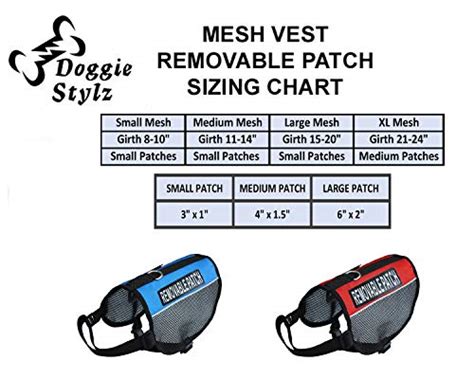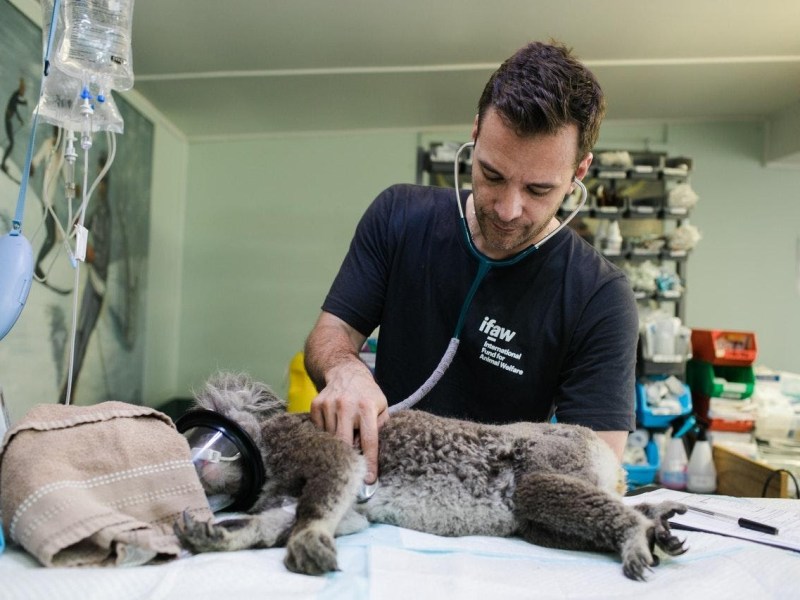Veterinarians are individuals who work to ensure the health of animals. Clinical practice, health research, education, diagnostic centers, consultation, and ensuring the safety of our country’s food supply are just some of the things they do. Veterinarians are committed to maintaining and promoting animal health, regardless of their expertise. They are aware of the significance of animal welfare and interdependence among animals and people.
According to surveys and estimates, there will always be a demand for veterinary medical professionals and scientists in the future. Food animal veterinarians and veterinary specialists are in high order right now to address society’s concerns about animal welfare and biomedical/environmental studies. Future job prospects will reflect society’s interest in energy, food quality, human health, and quality of life. All of these fields are heavily influenced by veterinary medicine.

Top Veterinarian Career Options
This article will discuss the several veterinarian careers that you can pursue. Have a look.
Private Practice
Approximately 80% of veterinarians prefer to work in private practice, treating companion animals. Private practitioners might work as solo practitioners or as part of a team in a clinic or hospital. Exams, immunizations, treatment of diseased animals, surgery, and emergency care are just a few of the services provided by private doctors.
Small animals (domestic or exotic pets) may emphasize doctors, whereas large animals (horses or ruminants) may be the focus of mixed animal practices. Many veterinarians specialize in certain areas, such as horse, avian, or feline medicine.
Cardiology, dermatology, internal medicine, oncology (cancer), ophthalmology, and surgery are just a few of the specialties available to veterinarians.

Research
In pharmaceutical and private research facilities, universities, and various government bodies, qualified veterinarians are always in demand. These veterinarians research food-producing animals, companion animals, laboratory animals, captive animals, wildlife, and aquatic species.
- Experimental animal veterinarians, for example, are responsible for the housing, feeding, breeding, and overall health of animals used in research.
- Veterinarians develop and test vaccines, serums, and other biological agents to find new and better ways to treat and control diseases in both animals and humans.
- Molecular biologists work on basic and applied research to learn more about disease, immunity, health, and lifespan.

Education
Thousands of veterinarians teach in colleges and universities. A veterinarian is likely to be found helping to promote the knowledge of animal health and illness anywhere a medical school, agricultural school, or veterinary school is located. Educators in veterinary medicine instruct students, do research, write for scholarly publications and consumer magazines, and provide continuing education programs.
Diagnostic Laboratories
The importance of establishing a definitive diagnosis in the management of animal diseases cannot be overstated. Diagnostic veterinarians include those who have completed advanced training in pathology and microbiology. These professionals devote their careers to creating and applying cutting-edge technology and procedures to analyze samples such as tissue or blood to provide the veterinary and animal health communities with accurate, innovative, and rapid diagnostic and consultation services.
Diagnostic laboratories might be affiliated with veterinary or medical teaching facilities or run independently. Veterinary specialists are frequently active in teaching and research at diagnostic labs affiliated with teaching hospitals.

Consultation
Experienced veterinarians work as full-time or part-time consultants for a variety of enterprises and organizations. To be a competent consultant, you must have advanced abilities gained through years of professional experience, advanced training, and advanced education. Private companies such as ranches, dairies, poultry farms, and meat processing plants seek advice from these vets. They also collaborate with public organizations such as the American Society for the Prevention of Cruelty to Animals, rescue organizations, and humanitarian societies.
Public Health and Regulatory Medicine
Veterinarians advise and assist in the control of animal diseases. They regularly evaluate milk, meats, and other animal food products as public health officials to ensure that they are safe to ingest. Regulatory veterinarians check the meat, poultry, and dairy products, test for livestock disease, and supervise animal transport over state lines. Foodborne disease outbreaks are investigated, food and water safety is evaluated, and public health veterinarians study biological and environmental contamination consequences.
Bottom Line
Hope veterinarian career options are pretty clear now. This article has discussed the numerous options you can pursue as a veterinarian. To find out more about your profession and career options, stay connected.
 Classic Accessories Veranda Water Resistant 11 Foot Patio Umbrella Cover
Classic Accessories Veranda Water Resistant 11 Foot Patio Umbrella Cover
 Sandisk 16 Gb Class 10 Sd Hc Ultra Flash Memory Card 10 Pack Bundle With
Sandisk 16 Gb Class 10 Sd Hc Ultra Flash Memory Card 10 Pack Bundle With
 Fairwin Braided Leather Dog Training Leash 6 Foot 56 Foot Military Grade H
Fairwin Braided Leather Dog Training Leash 6 Foot 56 Foot Military Grade H
 3m Reflective Dog Leash 5ft Long With Traffic Padded Handle Dog Training Leas
3m Reflective Dog Leash 5ft Long With Traffic Padded Handle Dog Training Leas
 How To Be Your Dogs Best Friend The Classic Training Manual For Dog Owners
How To Be Your Dogs Best Friend The Classic Training Manual For Dog Owners
 Classical Naptime For Tots
Classical Naptime For Tots
 Doggie Stylz Set Of 2 Reflective Therapy Dog In Training Removable Patches Wit
Doggie Stylz Set Of 2 Reflective Therapy Dog In Training Removable Patches Wit
 6 Pcs Service Dog In Trainingworkingstress Amp Anxiety Response Embroidere
6 Pcs Service Dog In Trainingworkingstress Amp Anxiety Response Embroidere
 Service Dog In Training Patch With Hook Back And Reflective Lettering For Servic
Service Dog In Training Patch With Hook Back And Reflective Lettering For Servic
 Four Paws Wee Wee Pee Pads For Dogs And Puppies Training L Gigantic Xl St
Four Paws Wee Wee Pee Pads For Dogs And Puppies Training L Gigantic Xl St
 Pny 128gb Elite X Class 10 U3 V30 Microsdxc Flash Memory Card 100mbs
Pny 128gb Elite X Class 10 U3 V30 Microsdxc Flash Memory Card 100mbs
 Academy Of Beasts V Shifter Romance
Academy Of Beasts V Shifter Romance














![Flutter & Dart - The Complete Guide [2022 Edition]](https://img-c.udemycdn.com/course/100x100/1708340_7108_5.jpg)










